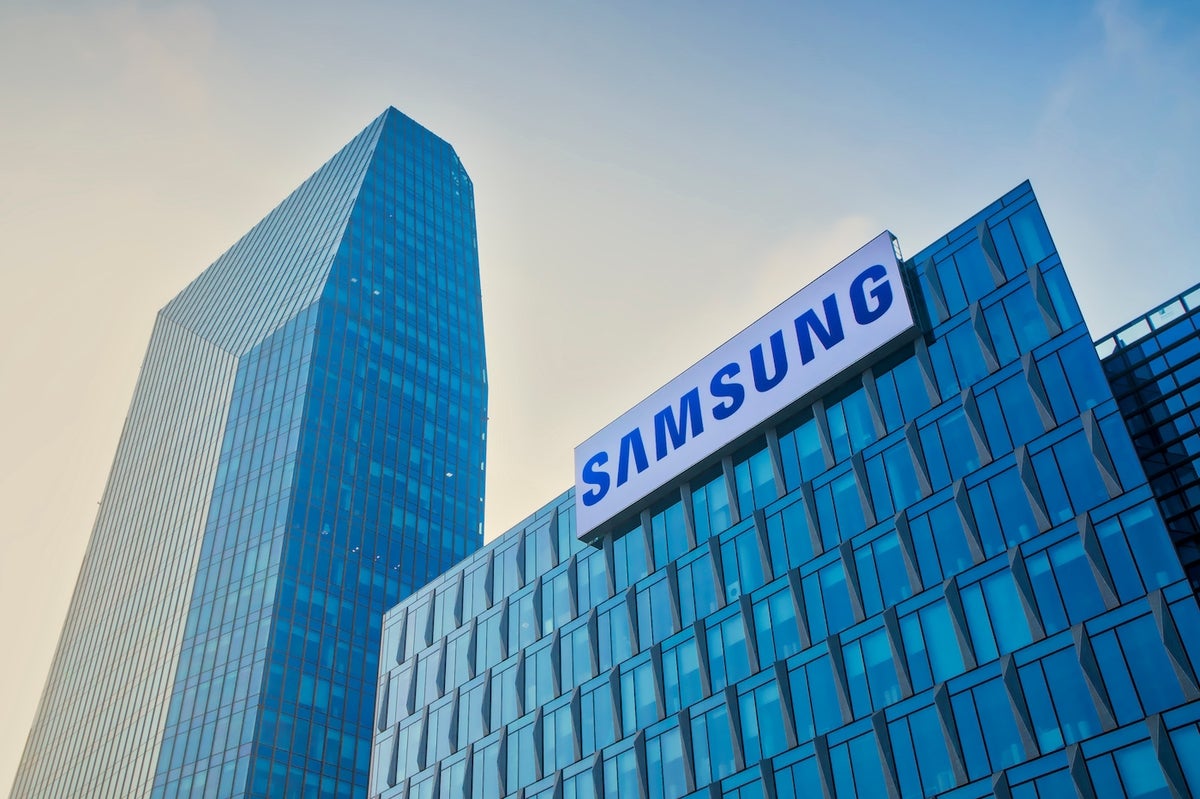
Samsung’s Exynos Connect U100 is the company’s first chipset for ultra-wideband wireless solutions. This chipset, which was announced last week, includes hardware designed to offer extremely precise location and distance information within centimeters for mobile, automotive and Internet of Things devices. The ability to pinpoint where each device is — and therefore each user — could be especially useful in warehouse management or vehicle fleets.
Jump to:
- Ultra-wideband applications for warehousing, automotive and more
- A second chance for mixed reality
- Exynos Connect line consolidates short-range communications
- Competition in the ultra-wideband space
Ultra-wideband applications for warehousing, automotive and more
Ultra-wideband wireless communication operates over a broad frequency spectrum that allows for fast data transfers at relatively low power. The U100 chipset is precise up to single-digit centimeters and under five degrees. This degree of accuracy works well for tracking locations in indoor environments, such as warehouses, where GPS would not work. It also has applications for artificial reality and virtual reality involving real-time tracking of moving people. Its precision comes from two major types of tracking: time of arrival and 3D angle of arrival.
Samsung’s U100 includes radio frequency, baseband, embedded Flash memory and power management IP on one chip. A power-saving mode is built in to maximize the battery life of mobile, automotive or small IoT devices like smart tracking tags. Samsung also included a scrambled timestamp sequence function and a secure hardware encryption engine in order to reduce the chance of external hacking.
SEE: Verizon, Oracle partnering to improve 5G ultra wideband (TechRepublic)
The new chipset is certified by the FiRa Consortium, an ultra-wideband interoperability organization of which Samsung is a member. It also conforms to the Car Connectivity Consortium Digital Key Release 3.0 standard for communicating digital key information between smartphones and vehicles. That means a user can unlock their car from their phone, if both match the CCC standard.
A second chance for mixed reality
Samsung Executive VP Patrick Chomet told CNBC in February at Mobile World Congress that the company is working with Qualcomm and Google to create a mixed-reality headset; the U100 could be a way to keep some of the hardware for it in-house. Another Samsung mixed reality headset, the Gear VR, was discontinued in 2020.
“Our Exynos Connect U100 combines sophisticated ranging and positioning capabilities with strong security to enable hyper-connectivity between people and everyday objects, fueling a range of new applications in positioning and location tracking,” said Joonsuk Kim, executive vice president of the connectivity development team at Samsung Electronics, in a press release.
Exynos Connect line consolidates short-range communications
The Exynos Connect U100 takes its brand name from a new line of Samsung products. The Exynos Connect line combines a variety of hardware solutions for ultra-wideband, Bluetooth and Wi-Fi. The new brand seeks to consolidate the class of Samsung’s short-range communications solutions, which are “essential in facilitating an increasingly hyper-connected world,” Samsung said in the press release.
Competition in the ultra-wideband space
Samsung’s U100 is going head-to-head with Apple’s recent short-range ultra-wideband chip, the U1. Embedded in commercial phones, the U1 enables more precise tracking compared to earlier phone models and helps find lost AirTags. Verizon is also advertising ultra-wideband on its 5G phones and a collaboration with Oracle.